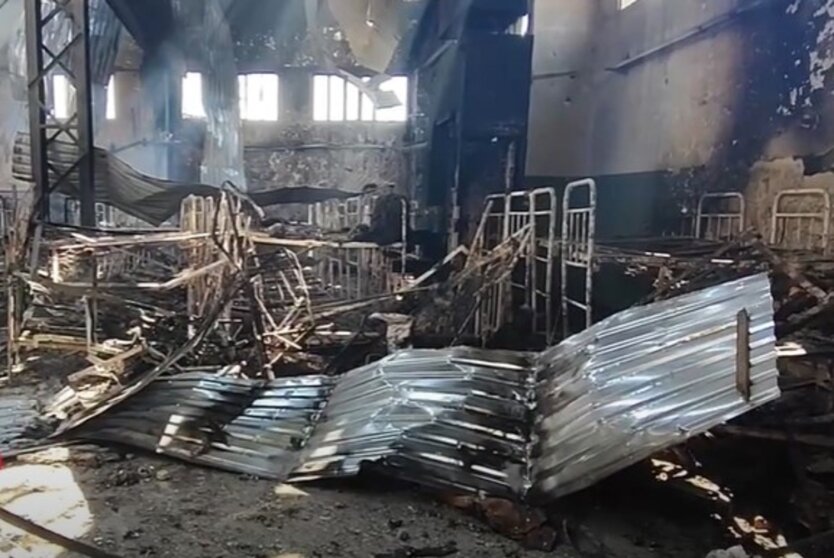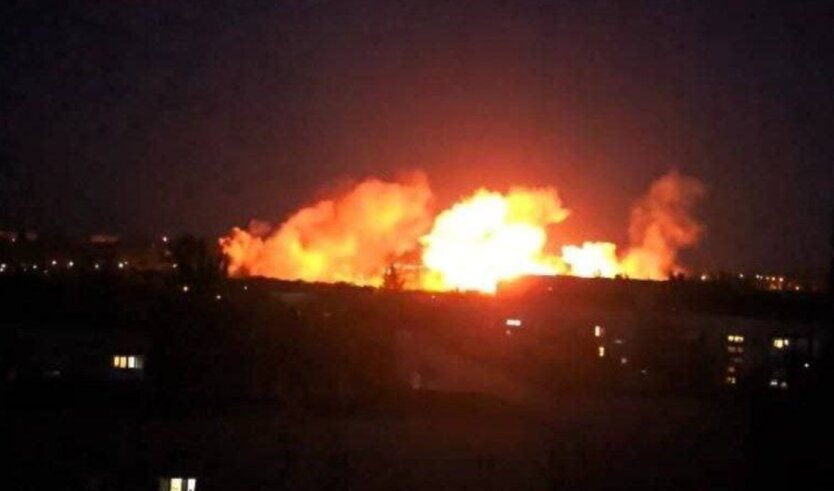Recession what it is in simple words.

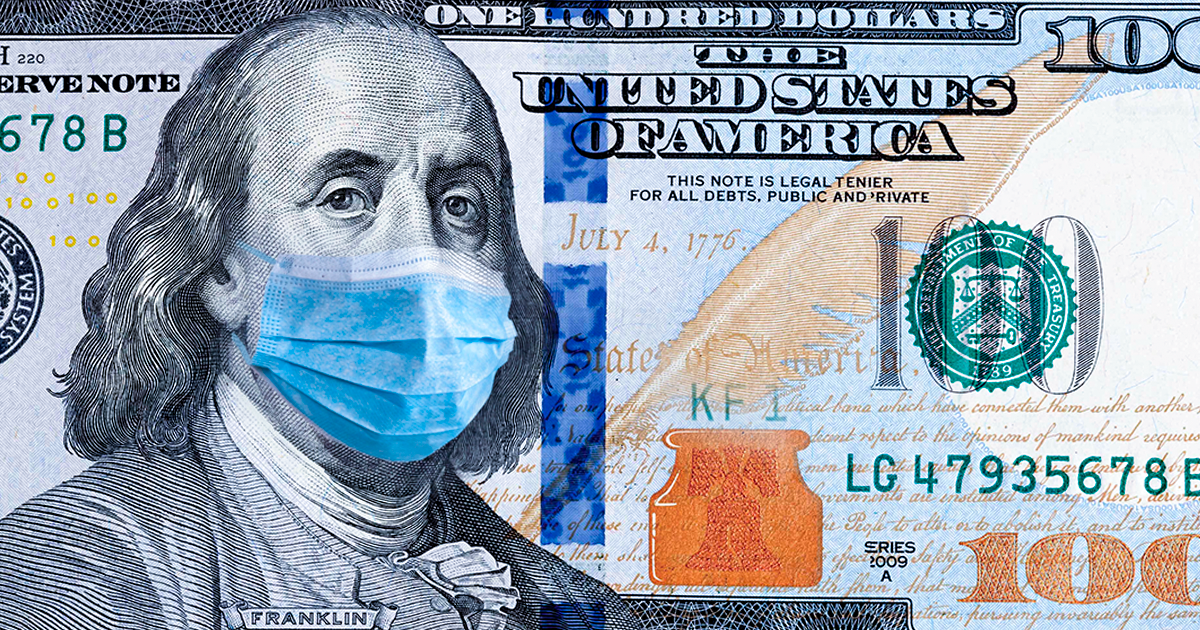
In any country, as in Ukraine, various crises can occur. If we discard the complicated terminology, we need to learn about inflation, devaluation, and what recession is. For starters, this will be more than enough.
When figuring out what a recession is, it's important to understand the complexity of maintaining a stable economy for the entire country. To put it simply, a recession is primarily a noticeable and quite dangerous economic decline.
Recession what it is in simple words
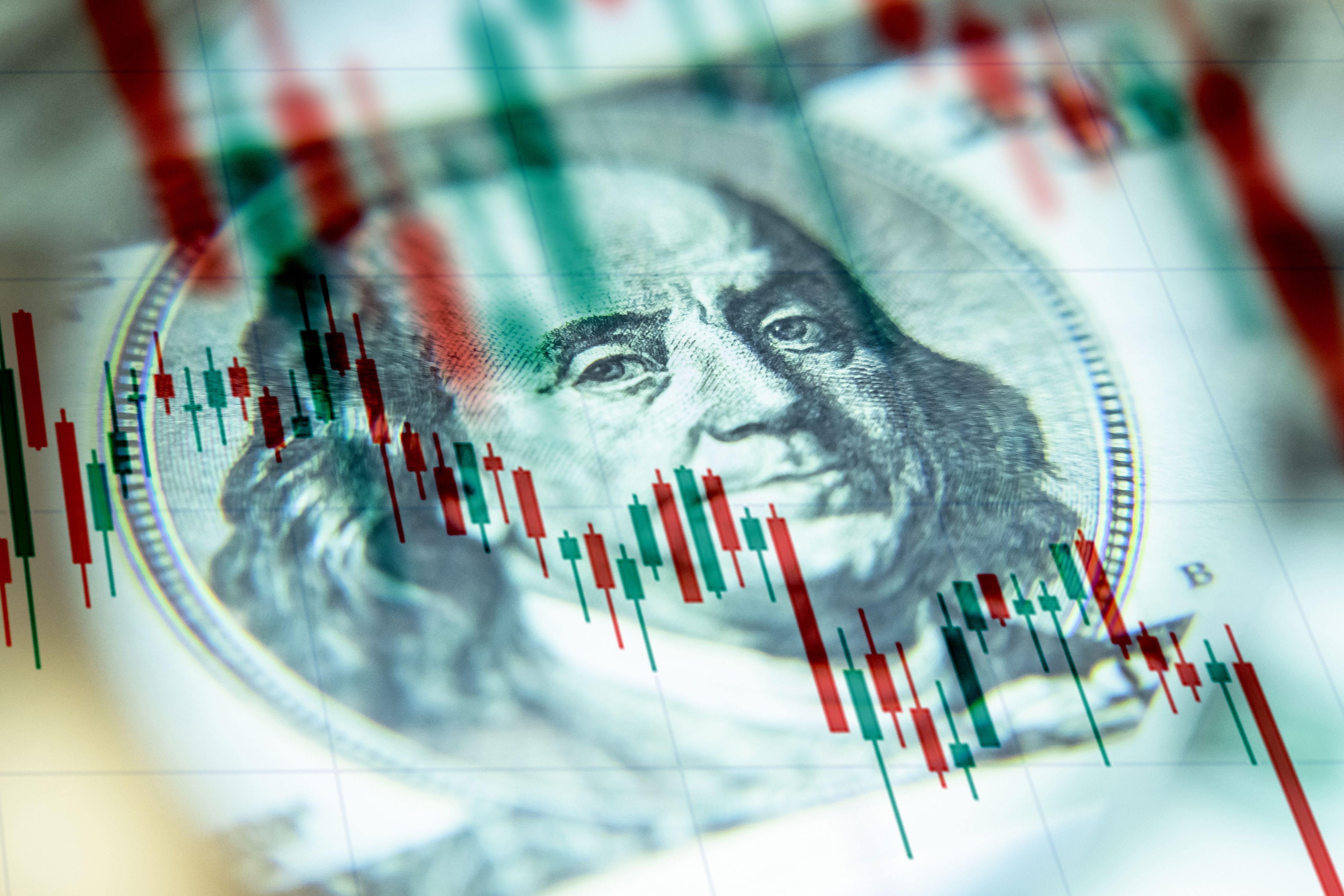
Overall, it is best for everyone to understand what it is and what such a process entails. Especially when it comes to entrepreneurs or socially unprotected citizens. So, what is a recession in simple words: it is a period of economic decline when the country's economy slows down. During this Time, the production of goods and services decreases, unemployment rises, and citizens conditionally spend less money. The process is not just complicated, but also dangerous. Due to imports and exports, currency devaluation can occur (its depreciation alongside other currencies), and due to a price spike, inflation will immediately happen (citizens' purchasing power decreases, although the overall volume of their work does not decrease). This means that the recession already indicates that getting out of the crisis will be incredibly difficult for the country.
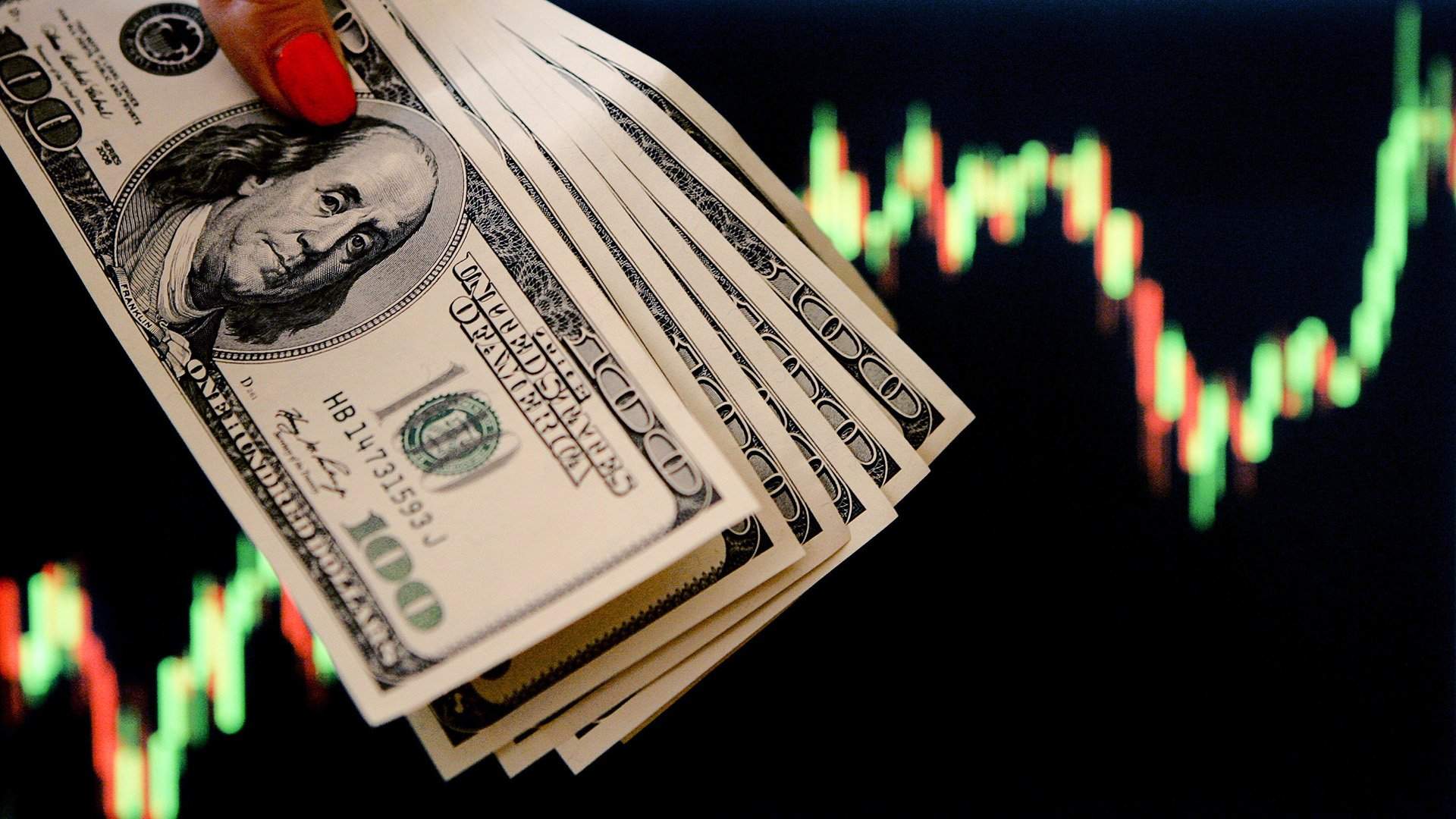
As for the causes of recession, it can occur due to various factors, such as a decline in demand, financial crises, or poor economic policy. International politics can also affect such a crisis.
Causes of recession:
-
Economic changes. This refers to unexpected events, such as financial crises or a sharp increase in raw material prices, all of which can provoke a recession.
-
Decrease in consumer and investment demand. If consumers and companies start saving and reducing their expenses, this can slow down economic activity.
In general, a recession is a complex process that takes time to recover from.
What happens during a recession?
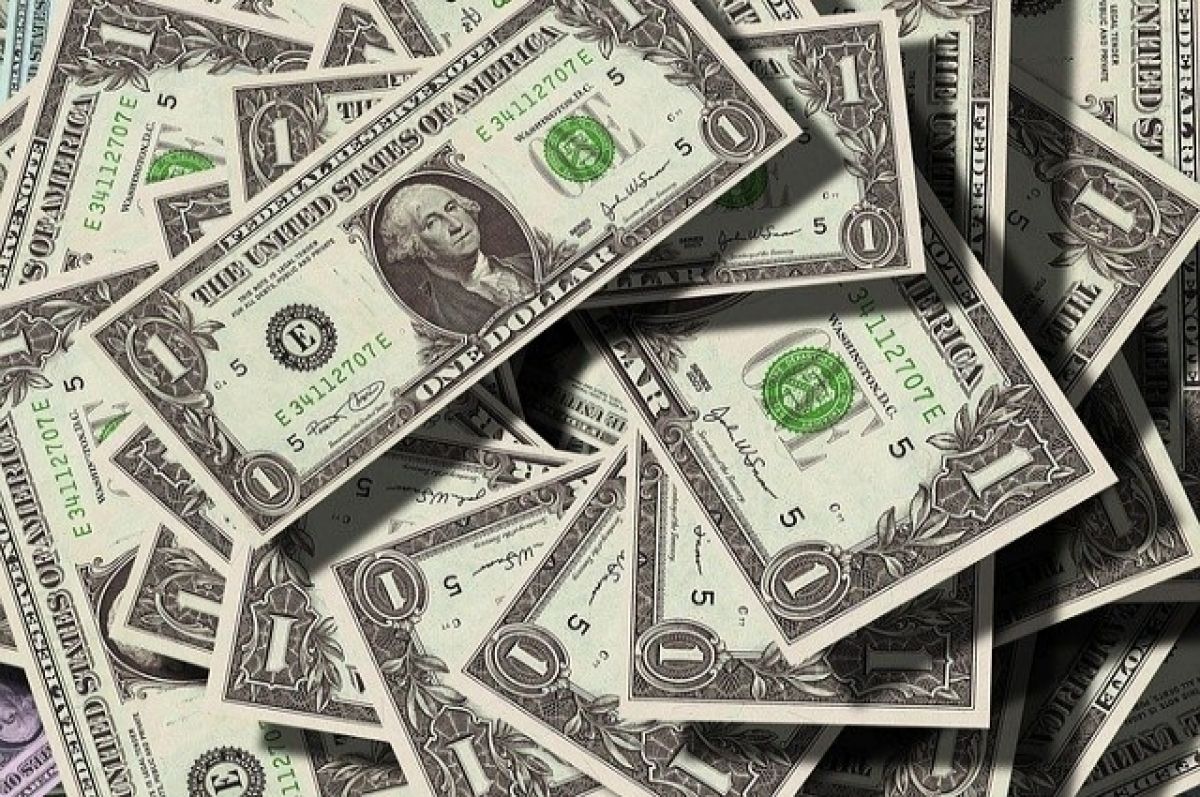
A recession is a significant and prolonged decrease in economic activity. So, it is not a one-day crisis. Negative processes overlap, leading to a serious crisis.
What happens during a recession:
-
Economic activity. Decline in production: companies reduce output as demand for goods and services decreases. Decrease in consumer spending: citizens begin to save, leading to a drop in sales and business profits.
-
Labor market. Rise in unemployment: companies may cut jobs or reduce working hours, leading to an increase in the number of unemployed. Decrease in wages: to preserve jobs, companies may lower wages or cut bonuses.
-
Financial sector. Problems with lending: banks try to issue fewer loans, which can complicate business operations. Decline in stock prices: the stock market may experience a downturn as investors lose confidence in the economy.
The recession process is not simple and requires urgent response. The long-term consequences for the country are even worse than just a prolonged crisis. First of all, it concerns a reduction in investments. Companies may postpone investments in new projects or expansions, which slows down economic growth. Almost simultaneously, there is an increase in public debt. The state may increase spending to stimulate the economy, which leads to a rise in public debt.
How can one get out of the crisis?
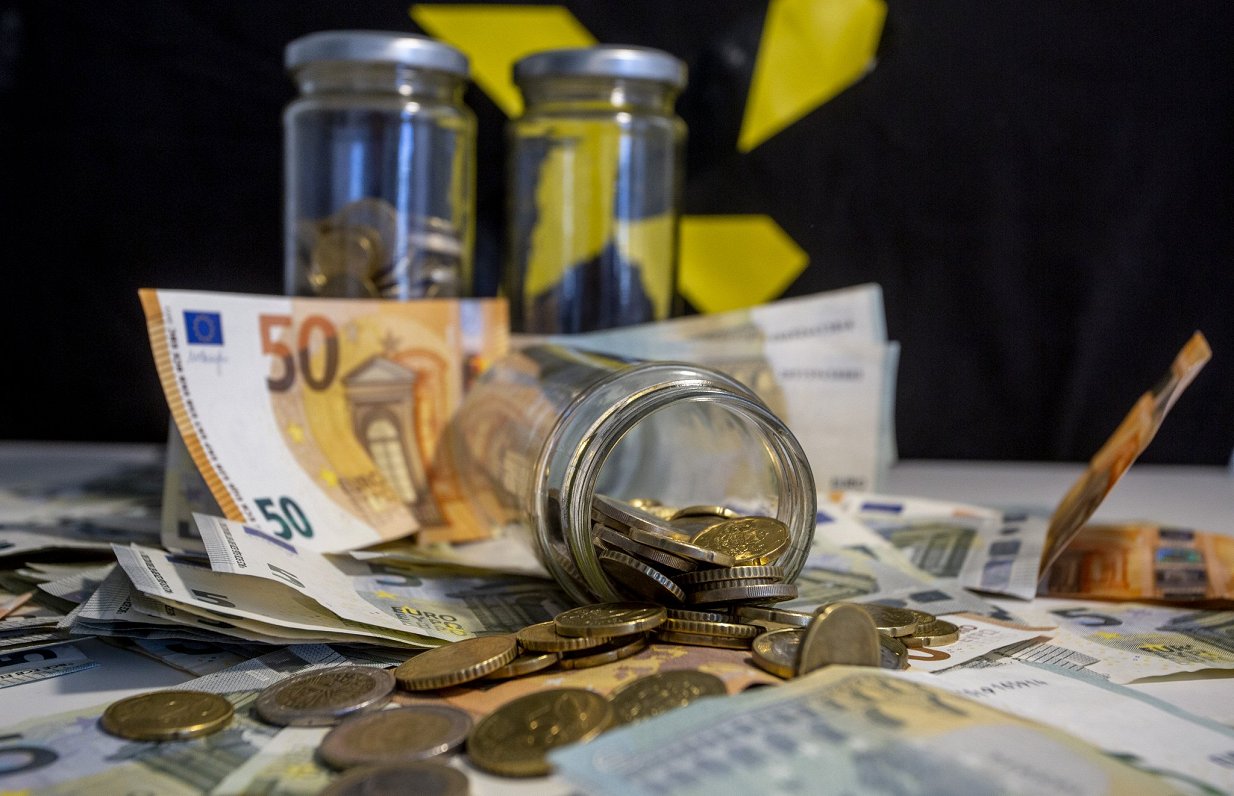
The government and the central bank can take various measures to rectify the situation. For example, lowering interest rates, increasing government spending, or offering tax incentives to help the economy recover from recession. All of this can work, but the main question remains how quickly this can happen.
In parallel, measures should be taken in the country to mitigate the consequences of the recession. What this involves:
-
Economic problems. Decline in GDP: economic growth slows down, leading to a decrease in gross domestic product (GDP). Decrease in revenues: a decline in production and sales leads to lower company incomes and, consequently, tax revenues to the budget. In these cases, a mechanism of certain compensation must be in place.
-
Labor market. Rise in unemployment: unemployment increases due to job cuts and reduction in working hours. Decrease in income: citizens lose sources of income, leading to a decrease in their standard of living. The state must have a mechanism that ensures labor market stability and, as a result, wages.

The government should also pay attention to lending issues. Businesses and consumers may face difficulties obtaining loans, complicating the financing of operations and purchases. Additionally, a recession causes a decline in market assets. The stock and real estate markets may fall, leading to a loss of wealth for investors and property owners. This process should also be controlled as much as possible.
Read also
- Harvesting has started in Ukraine: where the most grain is collected
- Contract 18-24: legislation to provide deferment for volunteers in Ukraine
- UN investigation confirmed Russia's guilt in the terrorist attack in Olenivka in 2022
- The Defense Forces struck the occupied Donetsk and Luhansk: video
- The old 5-hryvnia banknote brought 17 thousand: which banknotes are worth crazy money
- Fines for drivers and confiscation of cars: Germany has tightened rules for Ukrainians



